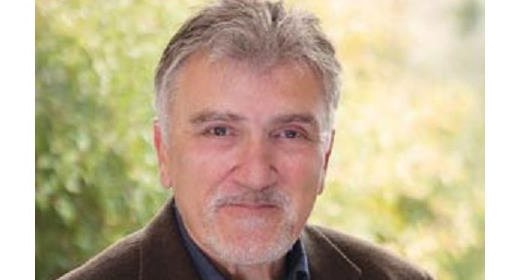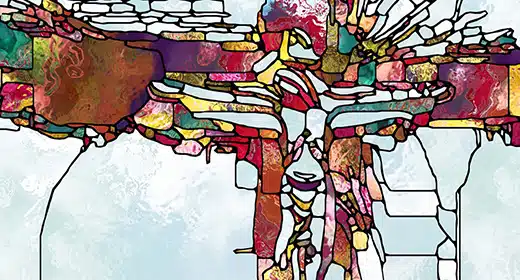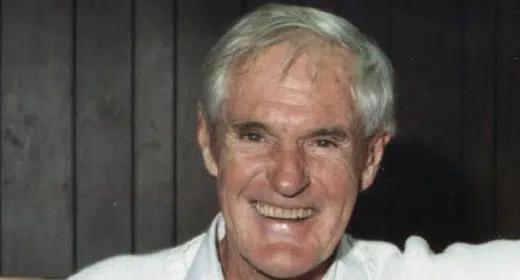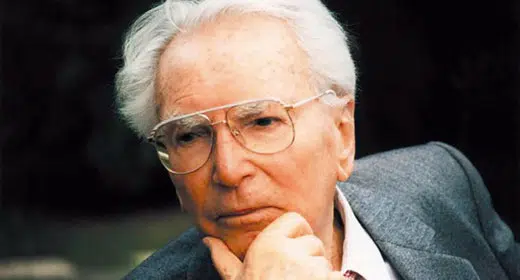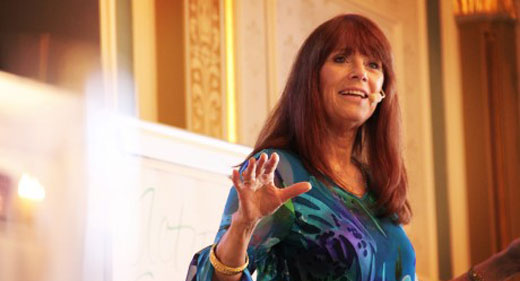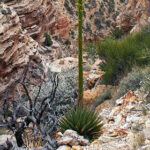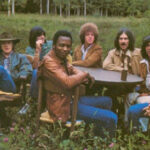Khandro Thrinlay Chodon: The feminine principle can be viewed at different levels in accordance with an individual’s understanding or perspective.
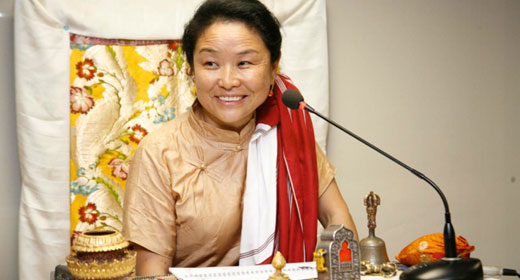
Some of the ways she has been known is as ‘the wise crone’, ‘the nurturing mother’, ‘the powerful shakti’. Within the Vajrayana tradition of Buddhism, the feminine principle has a specific meaning, which unveils to us her presence at the heart of everything. She is revered and respected by practitioners as the spacious quality of mind itself, and through deep practice, her truth unfolds unceasingly. Subtle, mystifying, intriguing, nurturing and pervasive, she is actually beyond gender, and is dynamic.
Today, this feminine aspect of our being needs to be respected and reactivated by both men and women. Science has recently broadened its view from seeing the brain as static to seeing it as having a unique ability to constantly change, grow, and remap itself over a lifetime. Of course, the brain, in addition to our being, has always had this plasticity, something the Buddha mentioned and taught some 2,500 years ago, but modern science has understood only now. It is time to harness our innate ability to go beyond our conditioning, for if we do not, we will continue to remain limited, and suffer as a consequence. At this time, our world needs to focus on the feminine principle so that we can develop the ability to surrender expectation and concepts and move into a realm of ever-flowing wisdom. In this day and age, it is vital to master and fully incorporate the feminine principle into our meditative practices.
Khandro Thrinlay Chodon, who is widely known as a living yogini, will lead us in an afternoon session that illuminates this aspect of her spiritual tradition. She will speak both from the heart of her practice, as well as from her personal experience. The session will begin with a meditation and reflection and end with a short question and answer session.
Khandro Thrinlay Chodon is a lay, female Vajrayana Buddhist teacher, who holds her family’s yogic spiritual lineage, which is the Drukpa tradition revered in Tibet, Bhutan and the Indian Himalayas. She began her spiritual training as a small child and has studied both Eastern and Western approaches to psychology.
Since the death of her husband, His Holiness the IXth Shabdrung of Bhutan, in 2003, Khandro-la has, with the encouragement of many Vajrayana Buddhist Masters, been teaching in the West. She focuses on spirituality in daily life. Her organisation, Khachodling, engages in spiritual and humanitarian projects in the remote Indian Himalayas.
Khandro-la is the embodiment of warmth and humanness. Her contemporary and profound Buddhist teachings inspire and direct practitioners to deepen in their awareness, and courageously expand into the path of wisdom, joy and compassion.

